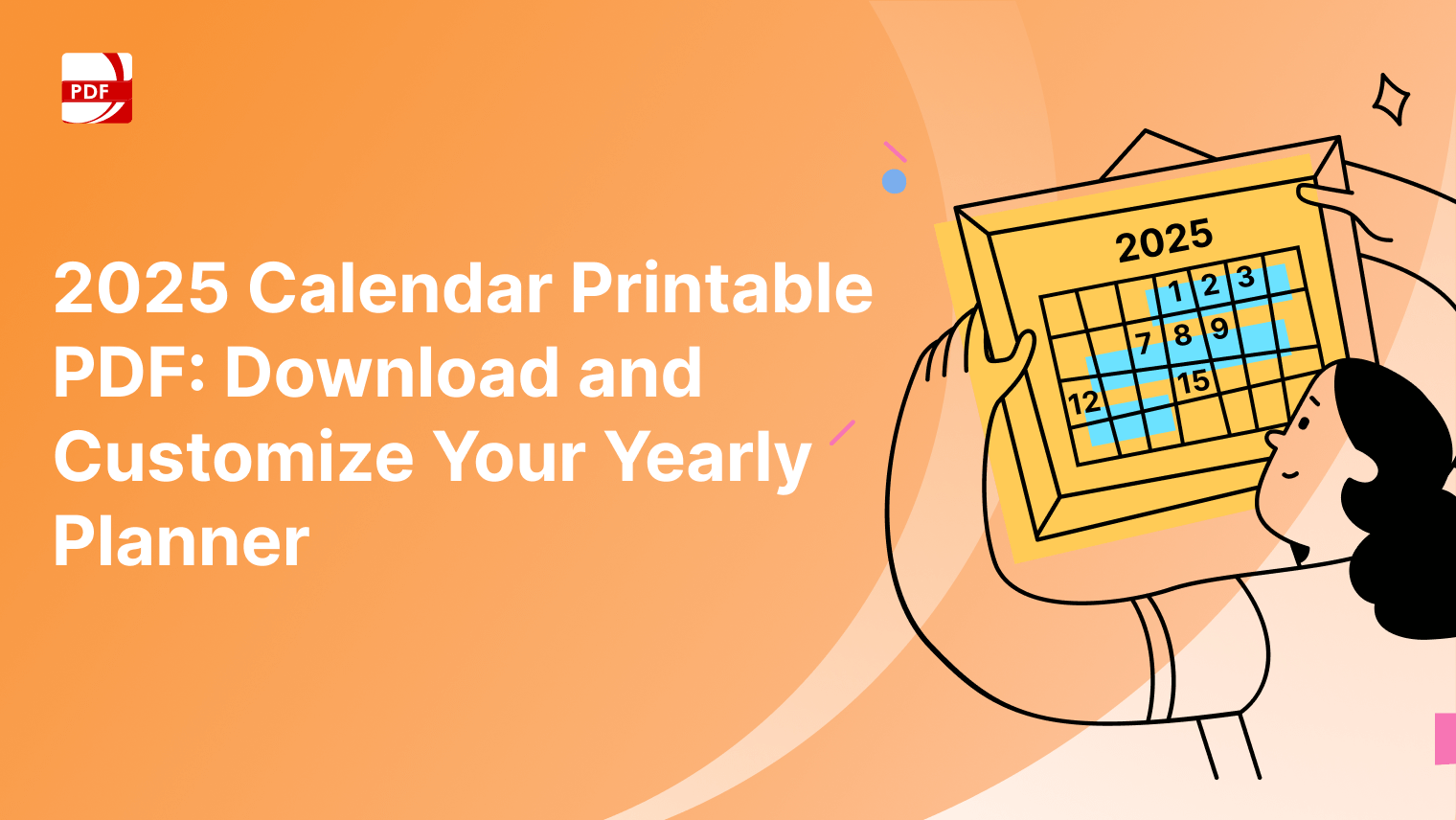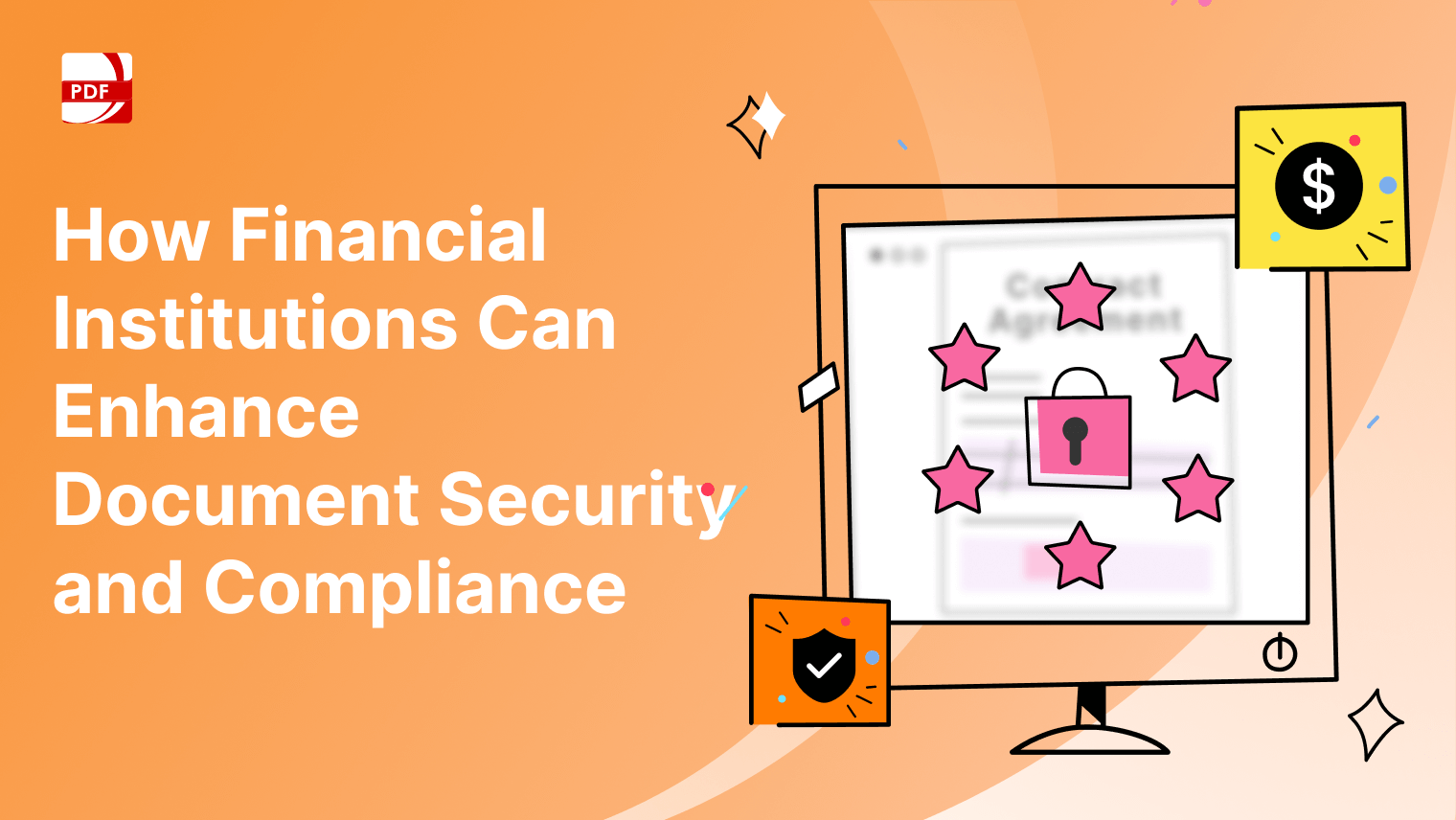Bank statements serve as crucial financial documents that provide a detailed record of transactions, account balances, and other important information related to your finances.
Whether you're managing personal finances or overseeing business operations, regularly reviewing your bank statements is essential for maintaining financial health and identifying potential issues.
Reviewing Your Bank Statements
Bank statements offer valuable insights into your financial activities, allowing you to track income, monitor expenses, detect errors or fraudulent charges, and reconcile accounts. By regularly reviewing your bank statements, you can:
-
Monitor Spending Habits
Bank statements provide a detailed breakdown of your expenses, categorized by date, merchant, and amount.
By analyzing your spending patterns, you can identify areas where you may be overspending or where expenses can be reduced. This awareness empowers you to make informed decisions and take control of your financial habits.
-
Detect Errors and Fraudulent Activity
Reviewing your bank statements allows you to identify any discrepancies or unauthorized transactions that may indicate errors or fraudulent activity.
Whether it's a duplicate charge, incorrect withdrawal, or suspicious transaction, catching these issues early can help you address them promptly and minimize potential financial losses.
-
Track Account Balances
Bank statements provide up-to-date information on your account balances, including deposits, withdrawals, and any applicable fees or charges.
By monitoring your account balances regularly, you can ensure that you have sufficient funds to cover expenses, avoid overdrafts, and maintain financial stability.
-
Budget and Plan for the Future
Analyzing your bank statements can help you establish a budget, set financial goals, and plan for the future.
By understanding your income and expenses, you can allocate funds effectively, prioritize savings goals, and make strategic financial decisions that align with your long-term objectives.
Using Our Bank Statement Example
To illustrate the importance of checking your bank records, let's consider an example of a bank statement for a personal checking account:
Key Features
-
Account Information
Includes account holder name, account number, and statement period.
-
Transaction Details
Lists all transactions, including deposits, withdrawals, transfers, and purchases, along with dates and descriptions.
-
Beginning and Ending Balances
Displays the starting and ending balances for the statement period.
-
Account Summary
Provides a summary of total deposits, withdrawals, fees, and ending balance for the period.
Tips for Effective Review
-
Check for Accuracy
Verify that all transactions listed on the statement are accurate and authorized. Report any discrepancies or unauthorized charges to your bank immediately.
-
Track Spending
Categorize expenses and track spending trends to identify areas for improvement and budget adjustments.
-
Review Regularly
Set aside time each month to review your bank statements thoroughly. Consider using online banking tools or mobile apps for convenient access to your account information.
-
Keep Records
Retain copies of your bank statements for record-keeping purposes and future reference.
Regularly reviewing your bank statements is a fundamental aspect of effective financial management. Download PDF Reader Pro to unlock even more features:
By utilizing our bank statement example and following the tips outlined in this blog, you can gain valuable insights into your financial health, detect potential issues early, and make informed decisions to achieve your financial goals.


